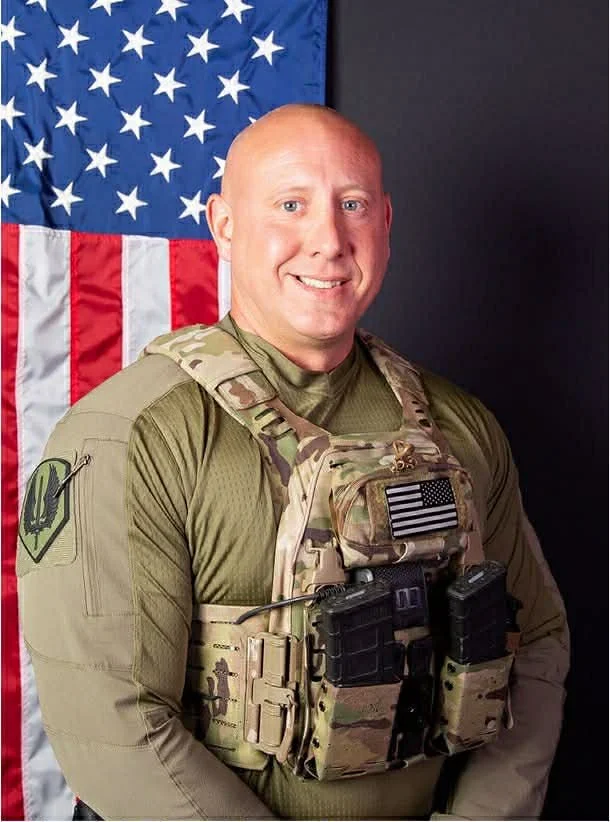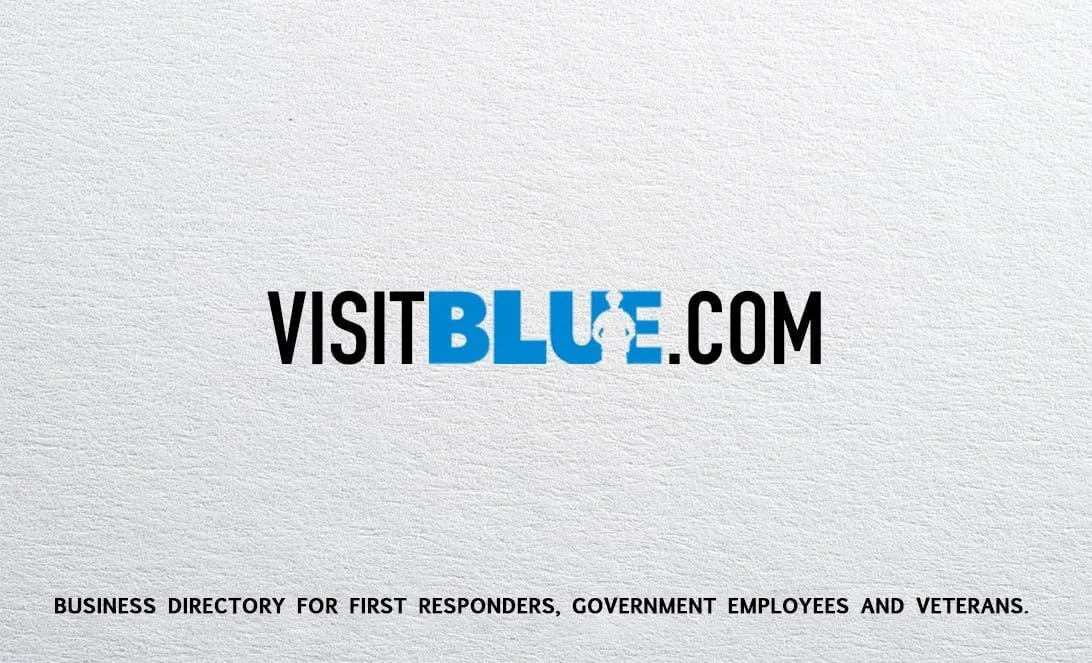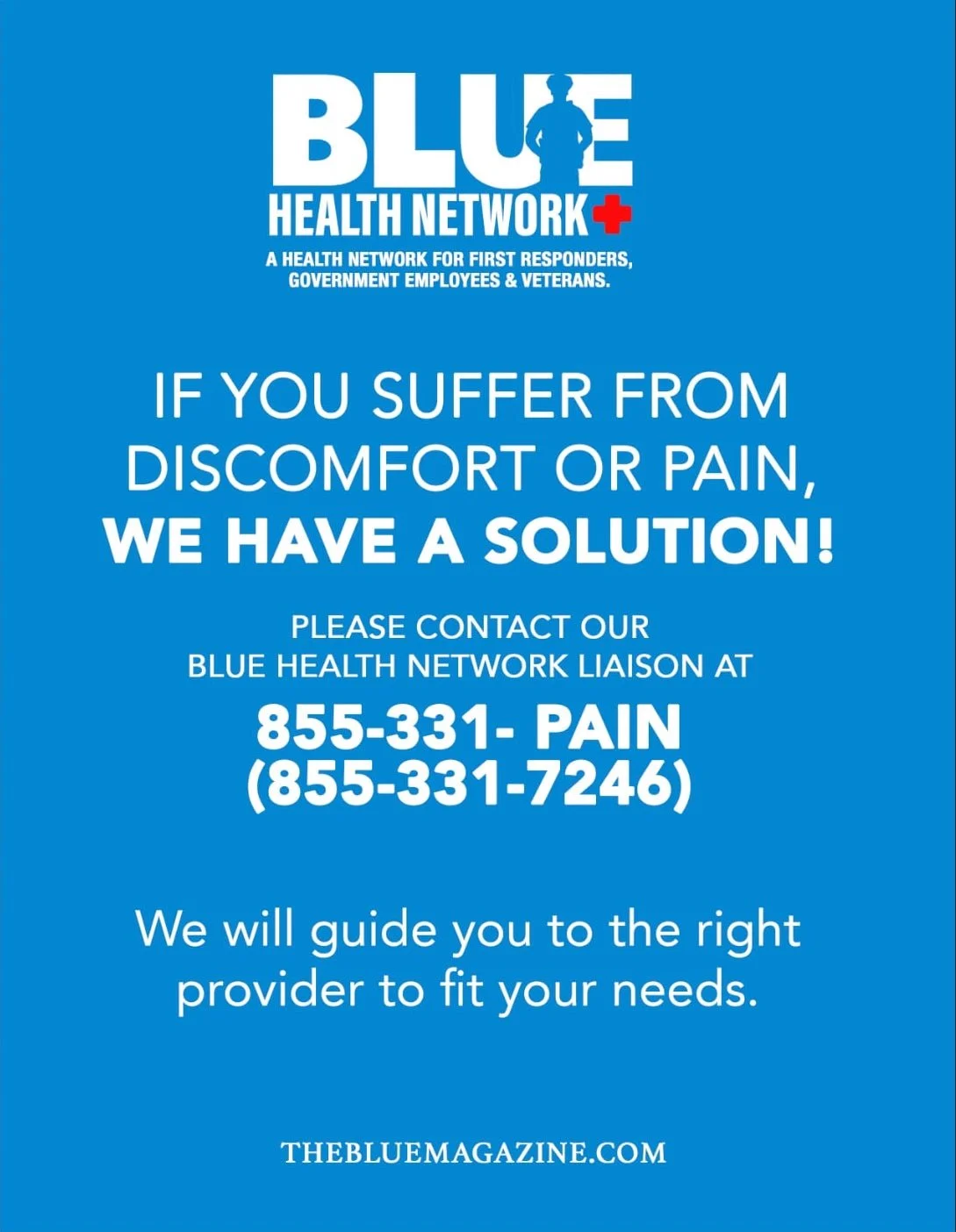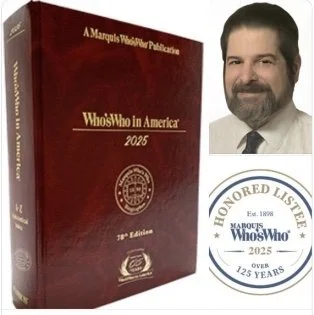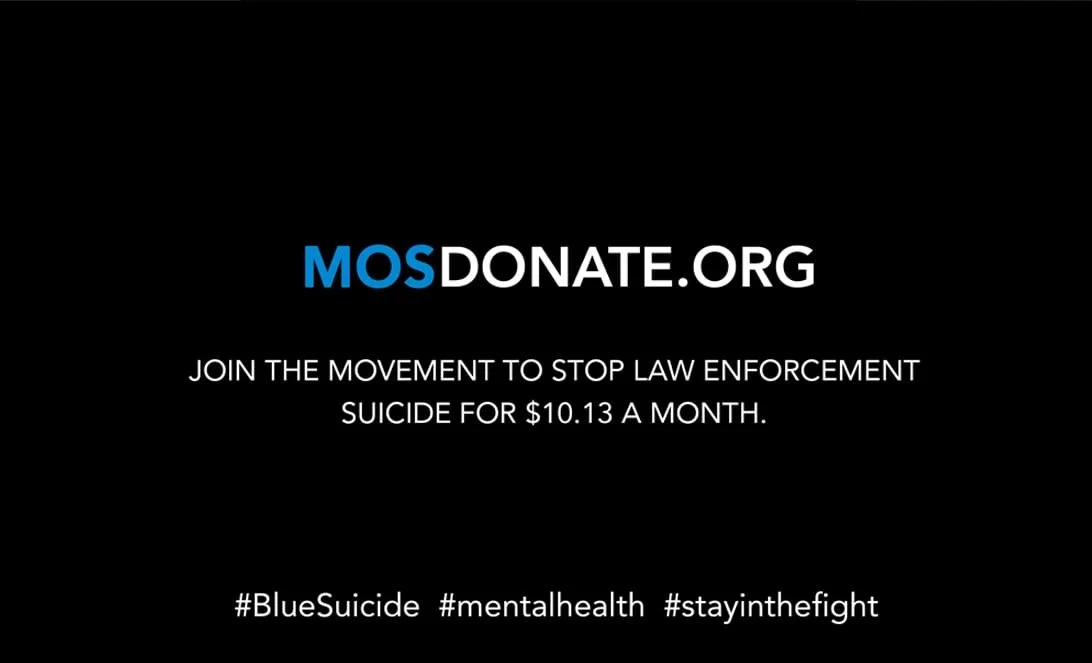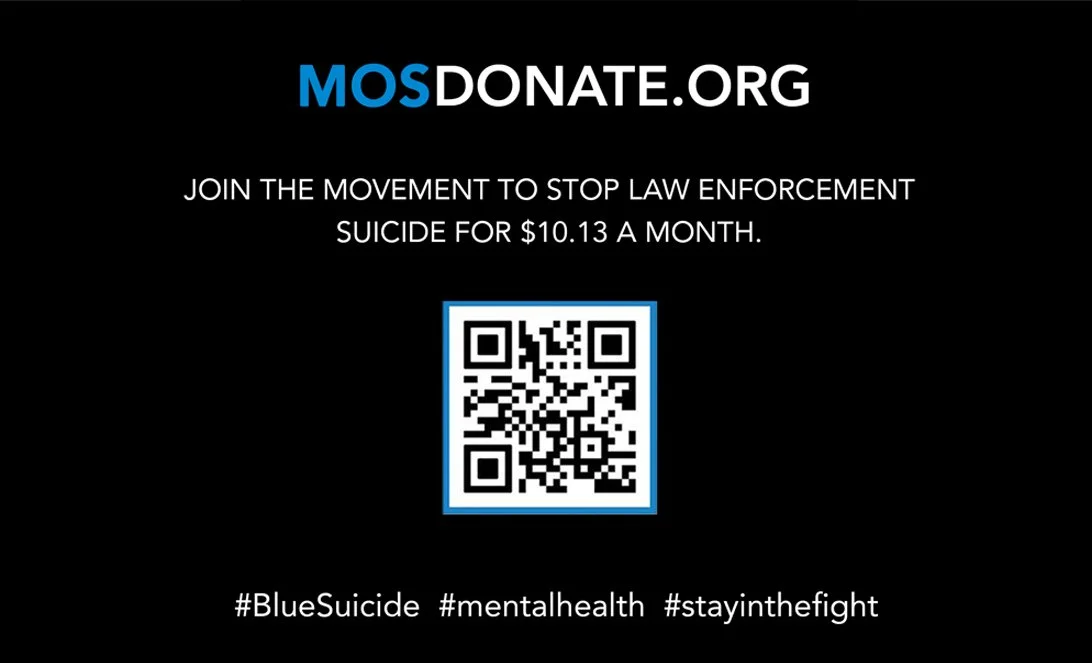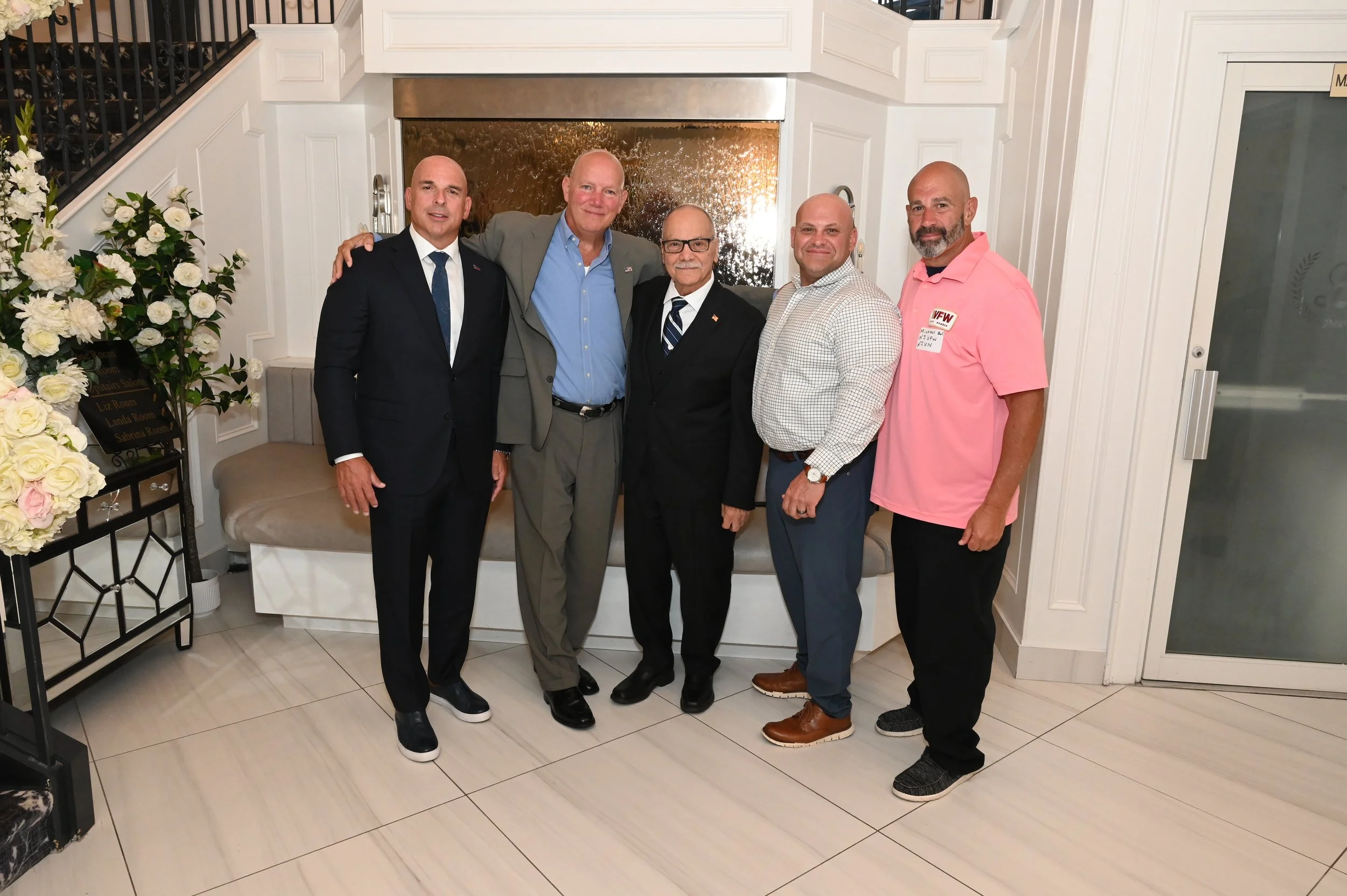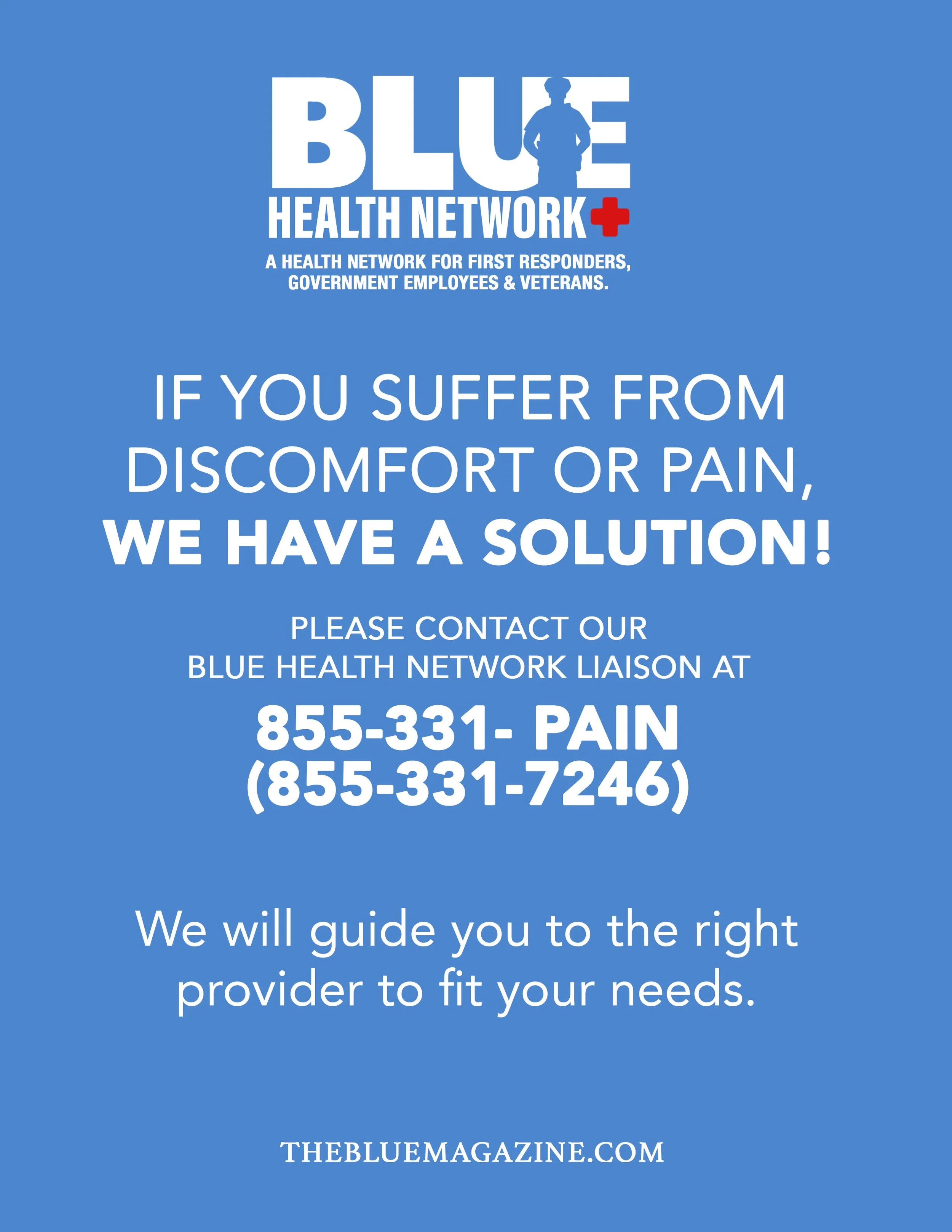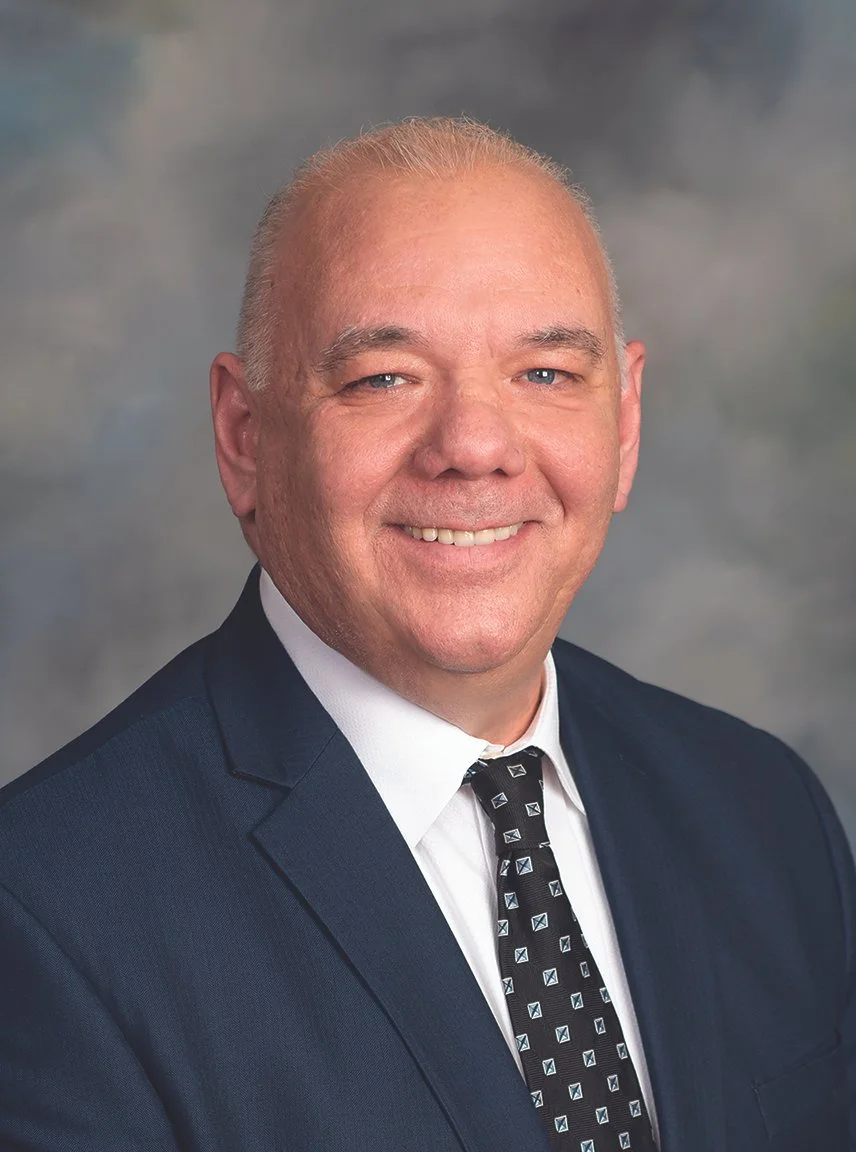THE BLUE MAGAZINE MAN OF THE YEAR 2025
/Captain Jay Davis
Leadership is usually measured by rank or visibility.
In 2025, The Blue Magazine measured it differently.
Captain Jay Davis of the Orange County Sheriff’s Office (New York) serves as a SOG / SWAT Commander, leading high-risk operations where discipline and restraint matter more than attention. But the reason for this year’s honor has little to do with his title.
It has to do with consistency and service given without expectation.
Since 2019, Davis has committed his time each December to Santa Comes to Paterson, an annual effort organized through Moment of Silence, the law-enforcement-founded charity focused on community support and officer wellness. Year after year, on his own time, he has taken on the role of Santa spending the entire day, from early morning through nightfall, riding through neighborhoods with a law-enforcement convoy, waving to children and families street after street, often in the cold, without seeking attention or credit.
When COVID shut schools down in 2020, the tradition could have paused. Instead, it adapted. If kids couldn’t come to Santa, Santa would come to them. Streets replaced classrooms, and what began as an adjustment became a lasting mission.
Today, Santa Comes to Paterson, through Moment of Silence, reaches thousands of children each year. More than 8,000 wrapped toys are delivered across neighborhoods, coordinated by law enforcement, firefighters, volunteers, and community members working together. Officers secure routes so the convoy can move safely. Firefighters assist with logistics. Volunteers remain present throughout the day.
Santa stays present the entire time waving, smiling, making eye contact, and at times stepping down to share a hug or a quiet moment always keeping the focus where it belongs.
There is no branding push. No spotlight. Every toy is wrapped not for show, but because dignity matters.
“Jay never asked for recognition,” says Daniel Del Valle, Publisher of The Blue Magazine. “He’s been our Santa since 2019, and he’s done this year after year in support of Moment of Silence and the kids we serve. He shows up because he believes in the mission.”
That approach mirrors how Davis carries himself in law enforcement. Be present. Do the work. Don’t look for credit.
The impact extends beyond the children. Officers from multiple agencies have shared that participating in this mission gave them purpose during difficult periods in their own lives reinforcing the connection between community outreach and officer wellness that Moment of Silence was founded to address.
This isn’t leadership with a microphone. It’s consistency without conditions.
That’s why The Blue Magazine names Captain Jay Davis Man of the Year 2025 in recognition of his continued service and commitment to the mission of Moment of Silence, year after year.
Not for what he says.
For what he keeps doing.
The Blue Magazine also thanks the Orange County Sheriff’s Office (New York) for its support of Santa Comes to Paterson.
If you’d like to learn more about our charity, visit the Moment Of Silence website: www.momentofsilenceinc.org


